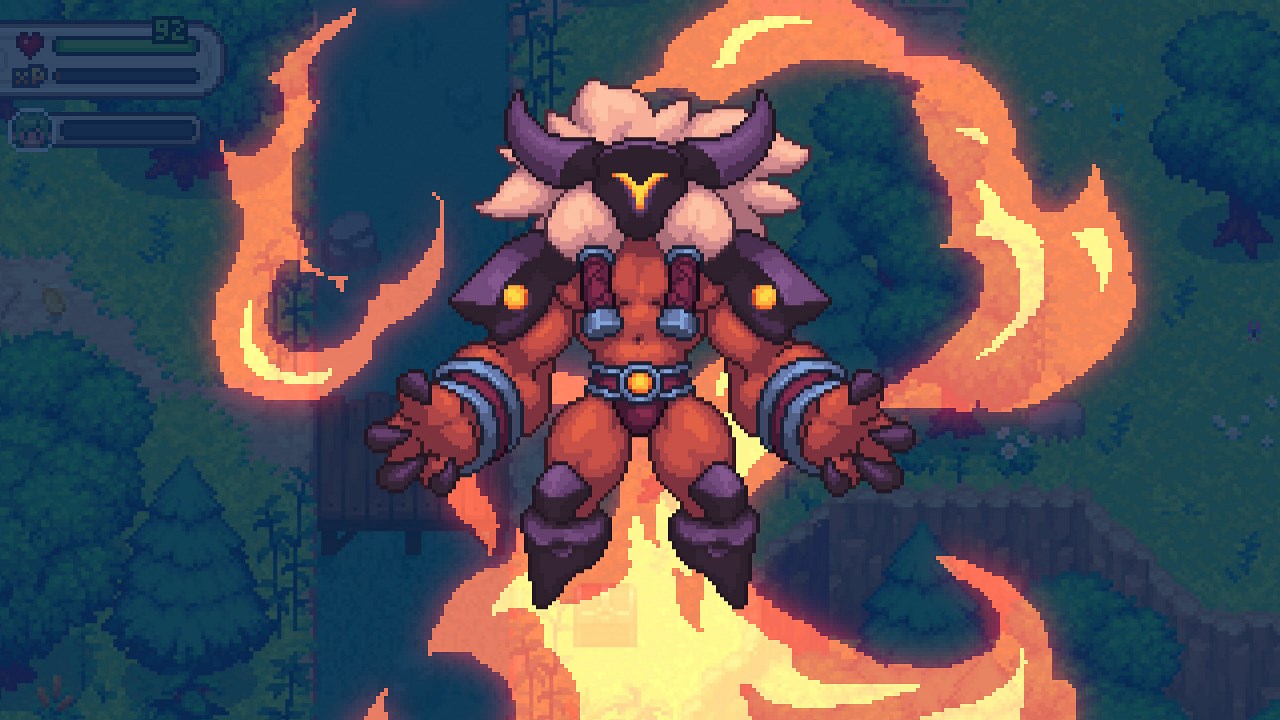
Like any component sequel, the achievements of its predecessor are augmented, with the title providing a persistent procession of allusions and reproductions of classic gaming experiences. Wisely, that offense is corrected by Evoland 2: A Slight Case of Spacetime Continuum Disorder. While the concept was innovative enough for its predecessor to win the Ludum Dare competition, ultimately Evoland’s expedition wasn’t as engaging as its inspirational material, with the game advancing only a skeletal storyline.

As players persevered, new elements were added to the game, making the journey mirror a chronological progression that started with the Gameboy and concluded with the 16-bit generation. But for every success like Spelunky, SteamWorld Dig, or TowerFall, there are titles that aren’t as subtle, supplying little more than a disjointed hodgepodge of references to gaming’s past.Įvoland, a 2013 release from Bordeaux-based Shiro Games was guilty of this transgression. For indie developers, there’s a similar effort to tap into sentimentality, with a procession of new games that mimic the mechanics or pixelated graphics of previous eras.

Relentlessly, publishers attempt to reinvigorate salient gaming memories, with a cavalcade of remakes, reboots, and remasters vying for our disposable income. Nostalgia is a tragically fragile sentiment.


 0 kommentar(er)
0 kommentar(er)
